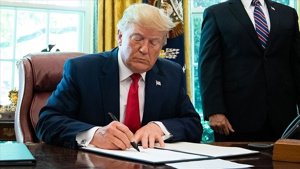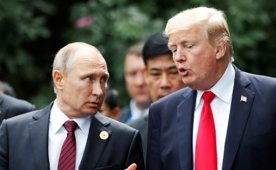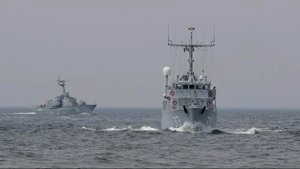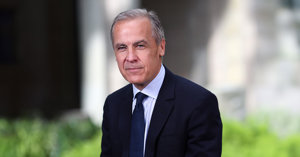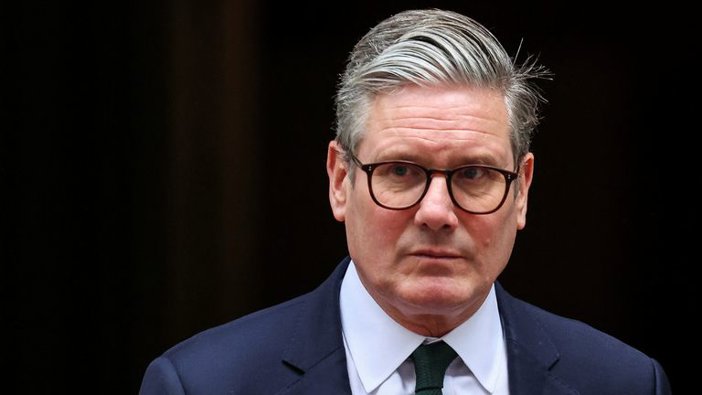
Starmer: Trump Tariffs Signal Trade Shift
British Prime Minister Keir Starmer has described the newly imposed reciprocal tariffs by U.S. President Donald Trump as the beginning of a 'new era' in global trade and economic relations. In an interview with Sky News on Thursday, Starmer acknowledged the significance of the policy shift and outlined the UK’s intended response to the evolving geopolitical and economic landscape.
'A trade war is bad for working people and businesses,' Starmer said, underscoring the potential negative impacts of tit-for-tat tariffs on domestic economies. He emphasized that the United Kingdom must 'adapt in ways that go beyond the mere question of tariffs' in order to maintain economic resilience and competitiveness. The prime minister pointed out that the latest U.S. actions are not to be interpreted as short-lived or impulsive measures. 'This is not just a short-term tactical exercise,' Starmer cautioned.
Starmer’s remarks reflect growing international concern over the direction of U.S. trade policy under President Trump, who has introduced a sweeping series of reciprocal tariffs targeting key trading partners. While some governments have expressed interest in negotiating exemptions or adjustments, Starmer suggested that the UK will instead focus on long-term strategic economic positioning.
Earlier in the day, the prime minister addressed the broader geopolitical context, asserting that London will 'keep a cool head' as new developments unfold. He reiterated his government’s commitment to 'act in Britain’s interests' and avoid reactive or short-sighted decisions in response to U.S. trade actions.
Observers view Starmer’s response as a call for moderation and planning during a volatile period for global trade. His approach appears centered on stability, cooperation, and national interest over escalation or retaliation.
As the world adjusts to the implications of the Trump administration’s tariff policies, attention now turns to how key U.S. allies—such as the United Kingdom—will recalibrate their own trade strategies to protect their economies without deepening global tensions.

